



Theme
9BB Simulation 1
INSTITUTION
University of Medicine and Pharmacy
Regional Institute of Gastroenterology and Hepatology “Prof.Dr.O.Fodor” Cluj-Napoca
Little research addresses how medical students develop their choice of specialty training in Romanian medical schools. This study examined if previous exposure to real-life and simulated immediate care specialty specific scenarios has a role when medical students formulating their specialty choice.
-
75.87% of students found the demonstrations highly valuable, and students perceived a significant increase in their understanding of gastroenterology specialty (P=0.01).
-
Additionally, 62 % of students with previous interest in gastroenterology and 10 % of students without previous interest in gastroenterology reported increased interest in pursuing gastroenterology careers.
-
Preclinical experiences or simulation sessions in the curriculum and aspects of patient care such as the clinical ward environment, charismatic mentors were important factors for choosing the specialty.
-
Real-life experiences were better received than simulated practice.
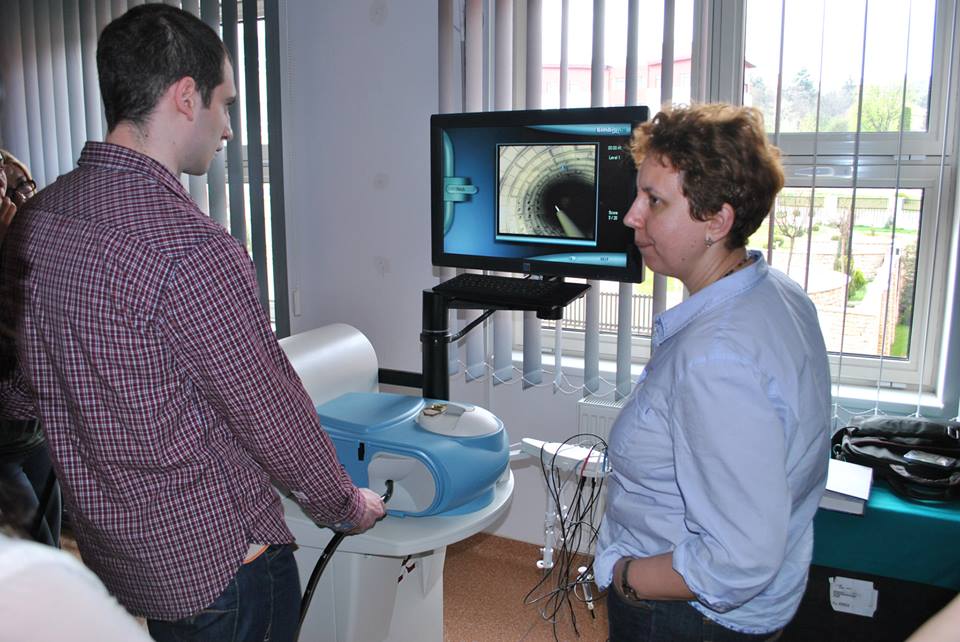 |
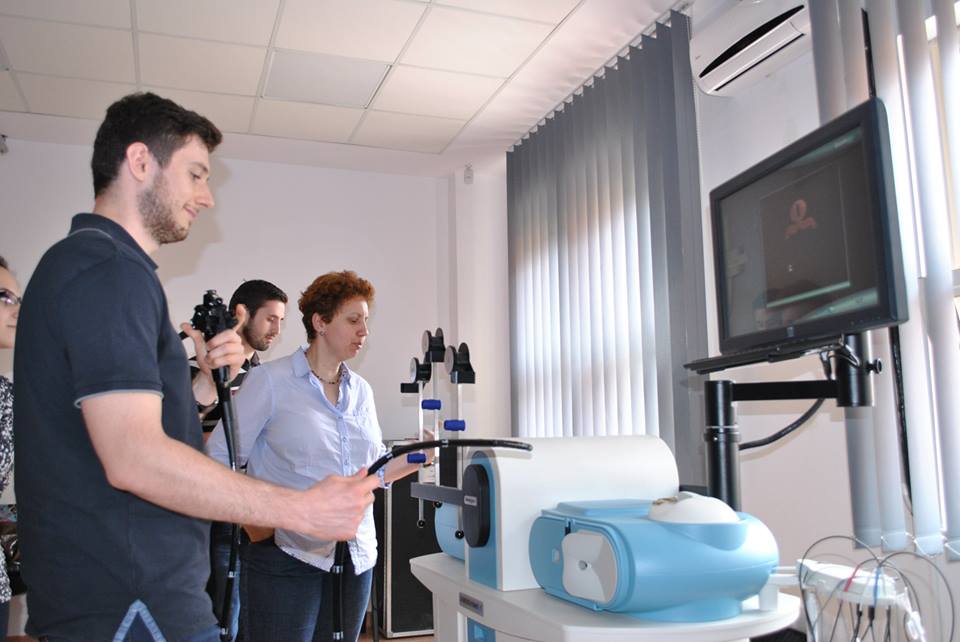 |
|
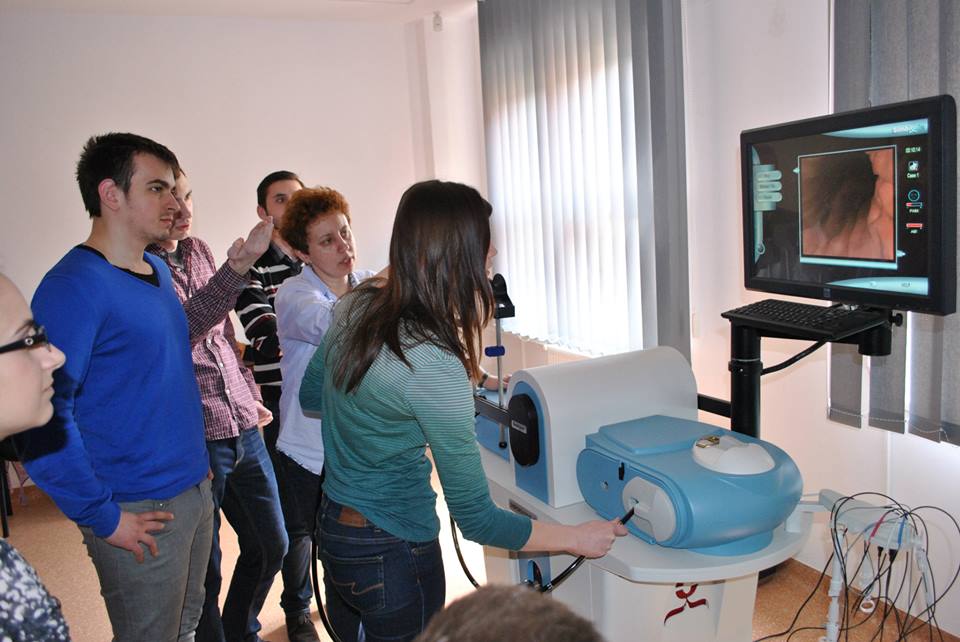 |
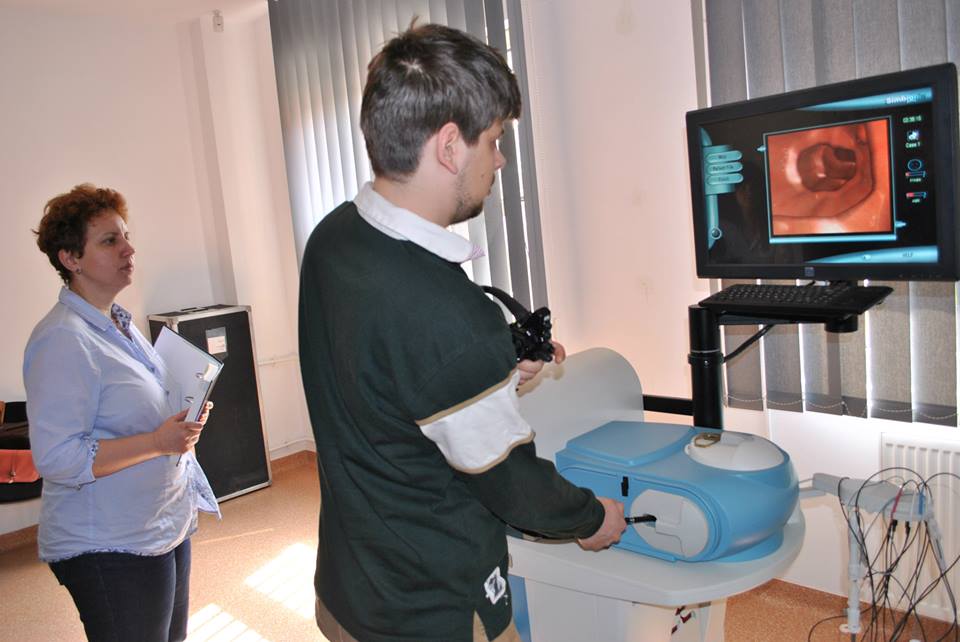 |
-
75 Romanian medical students from preclinical and clinical years were asked to participate in a survey regarding factors influencing specialty choice.
-
Each medical student was required to pursue theoretical gastroenterology training, training in patient management for gastroenterology various medical and surgical specific scenarios, hands-on endoscopy and ultrasound simulator sessions, followed by an examination to validate all technical aptitudes.
-
We qualitatively analyzed the data to identify factors students consider when choosing a future medical specialty.
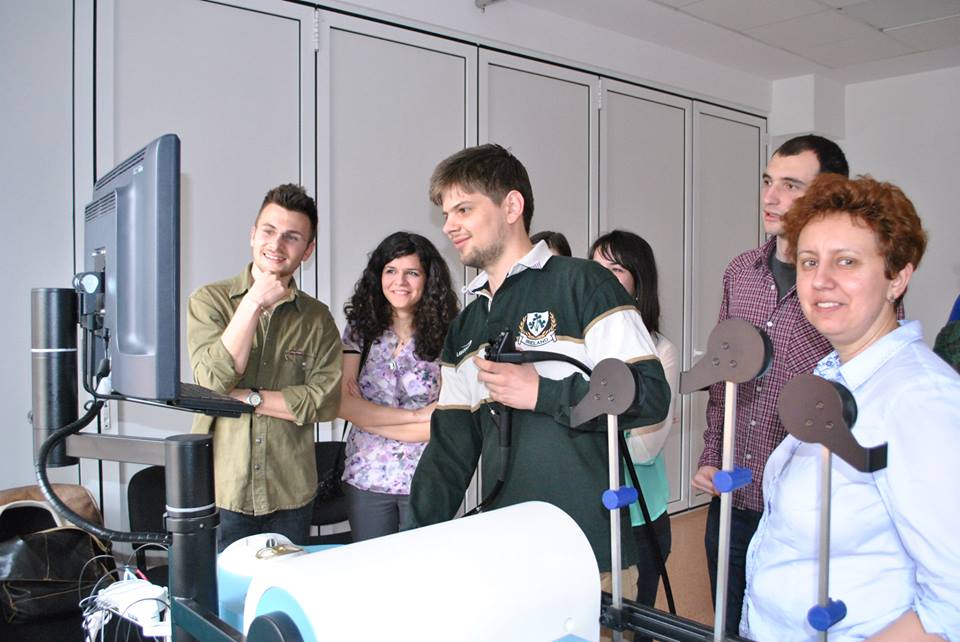 |
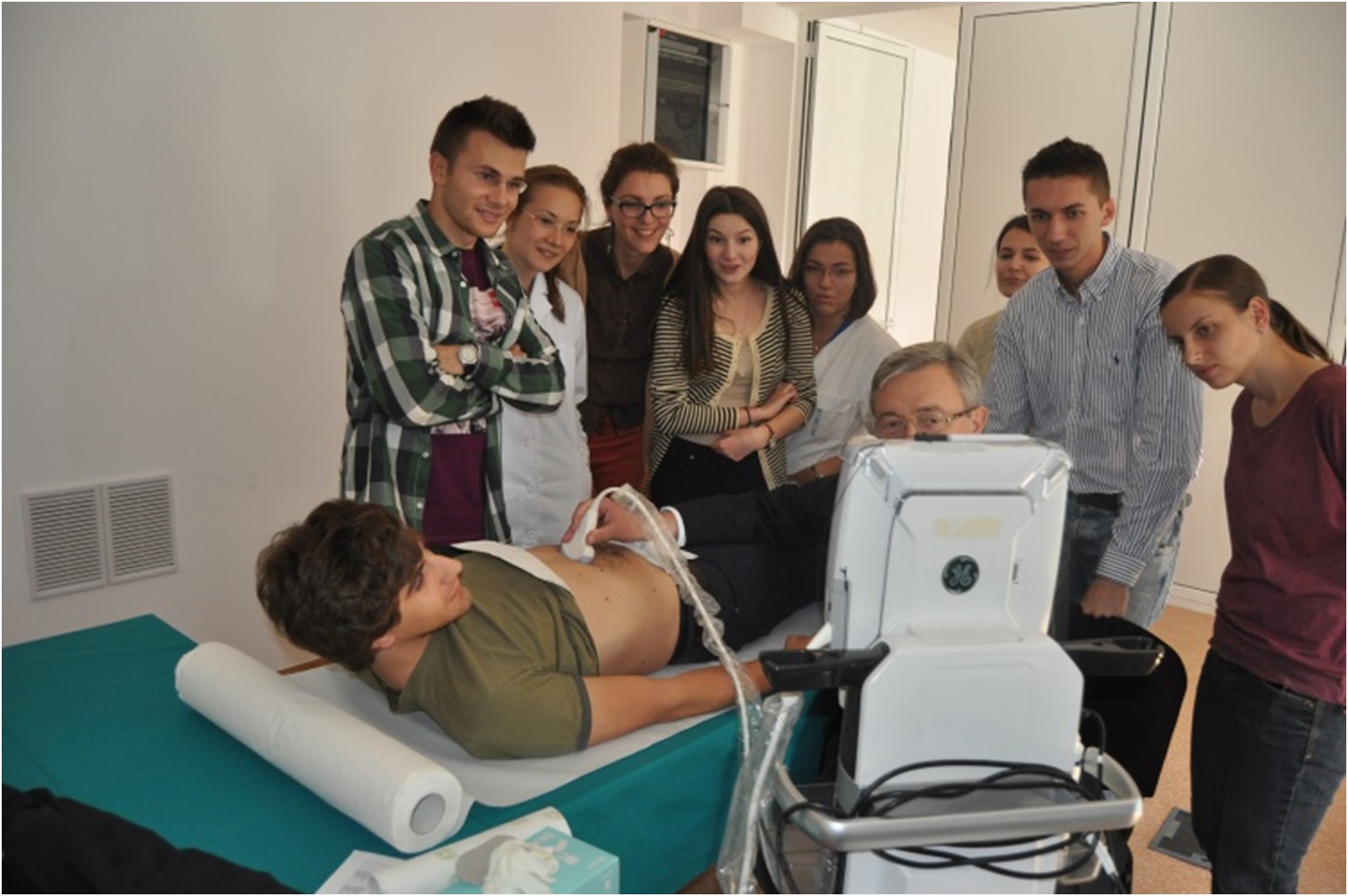 |
Preclinical and clinical exposure to real-life situations, as well as role models are reported by Romanian students as important factors when choosing a future specialty. Additionally, hands-on demonstrations generate interest in gastroenterology that would otherwise be absent in the preclinical years.
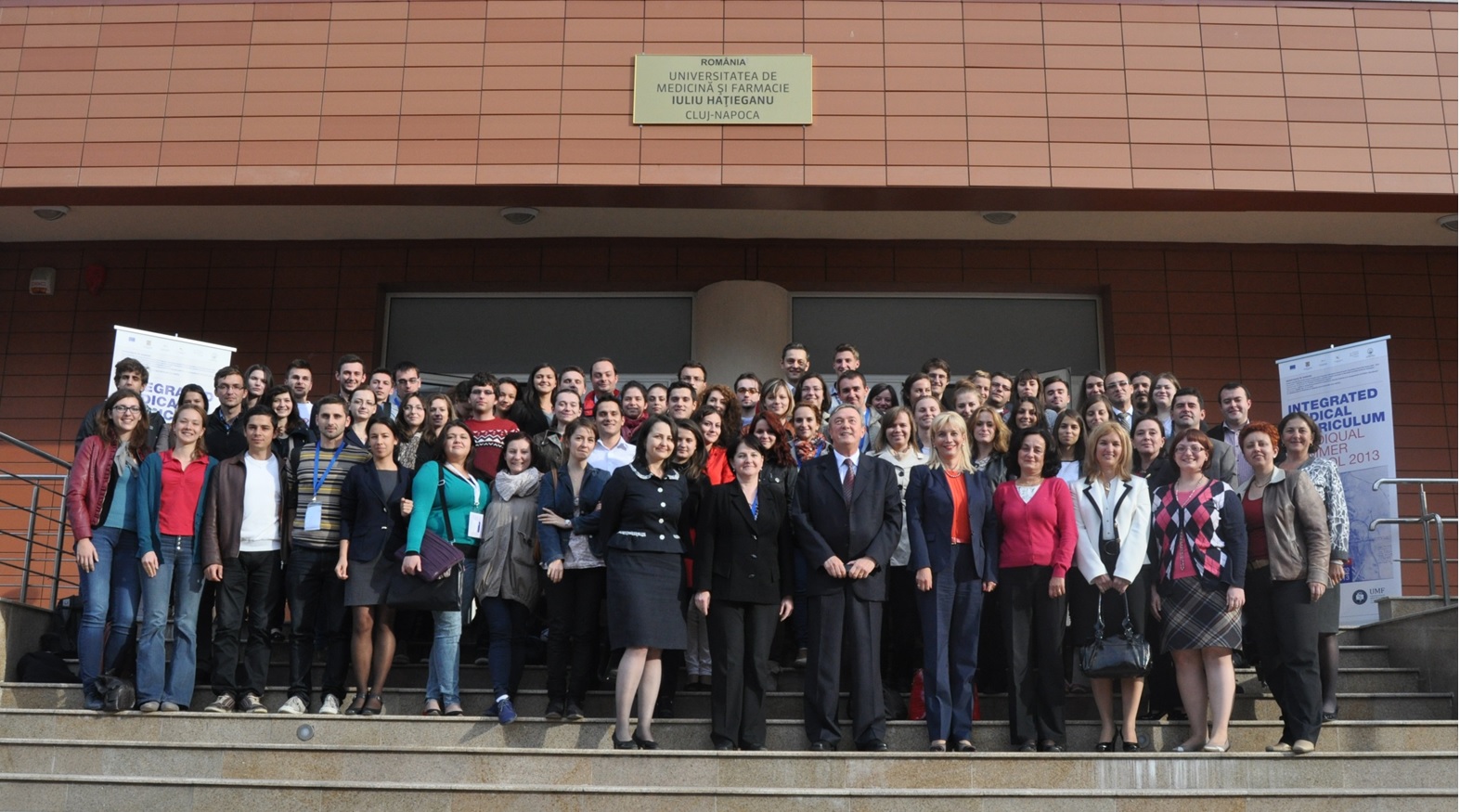
 Send Email
Send Email